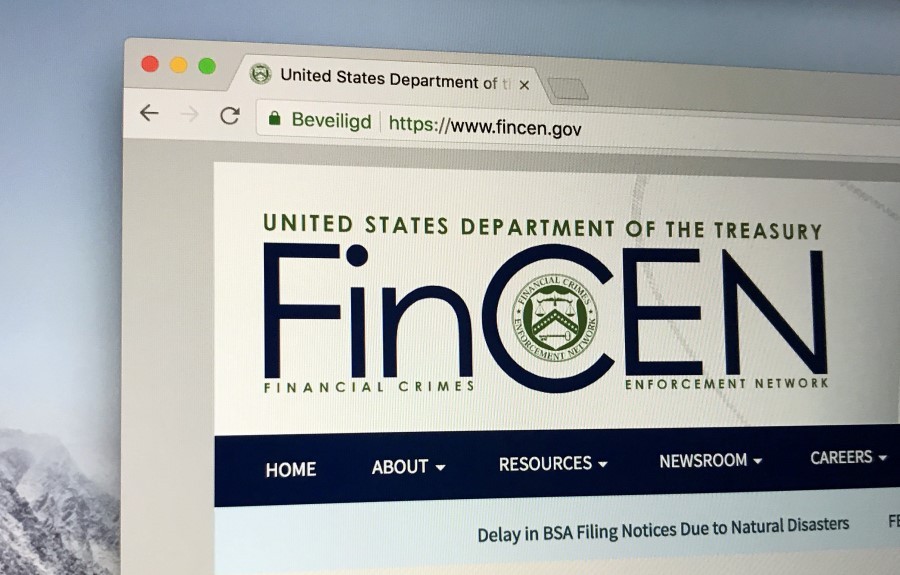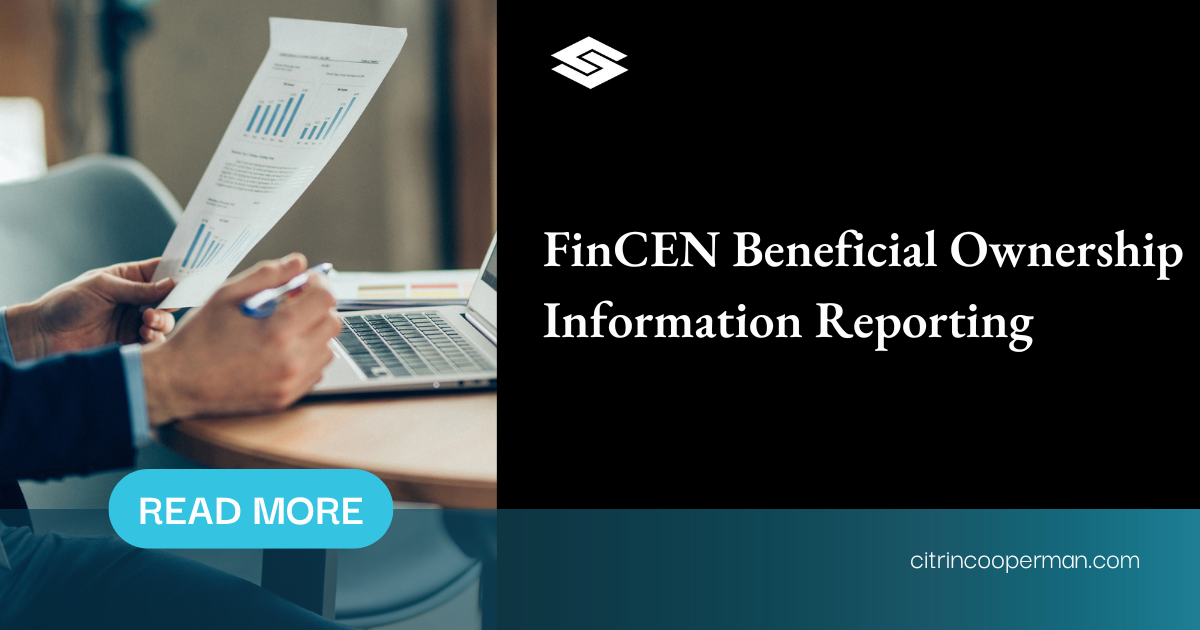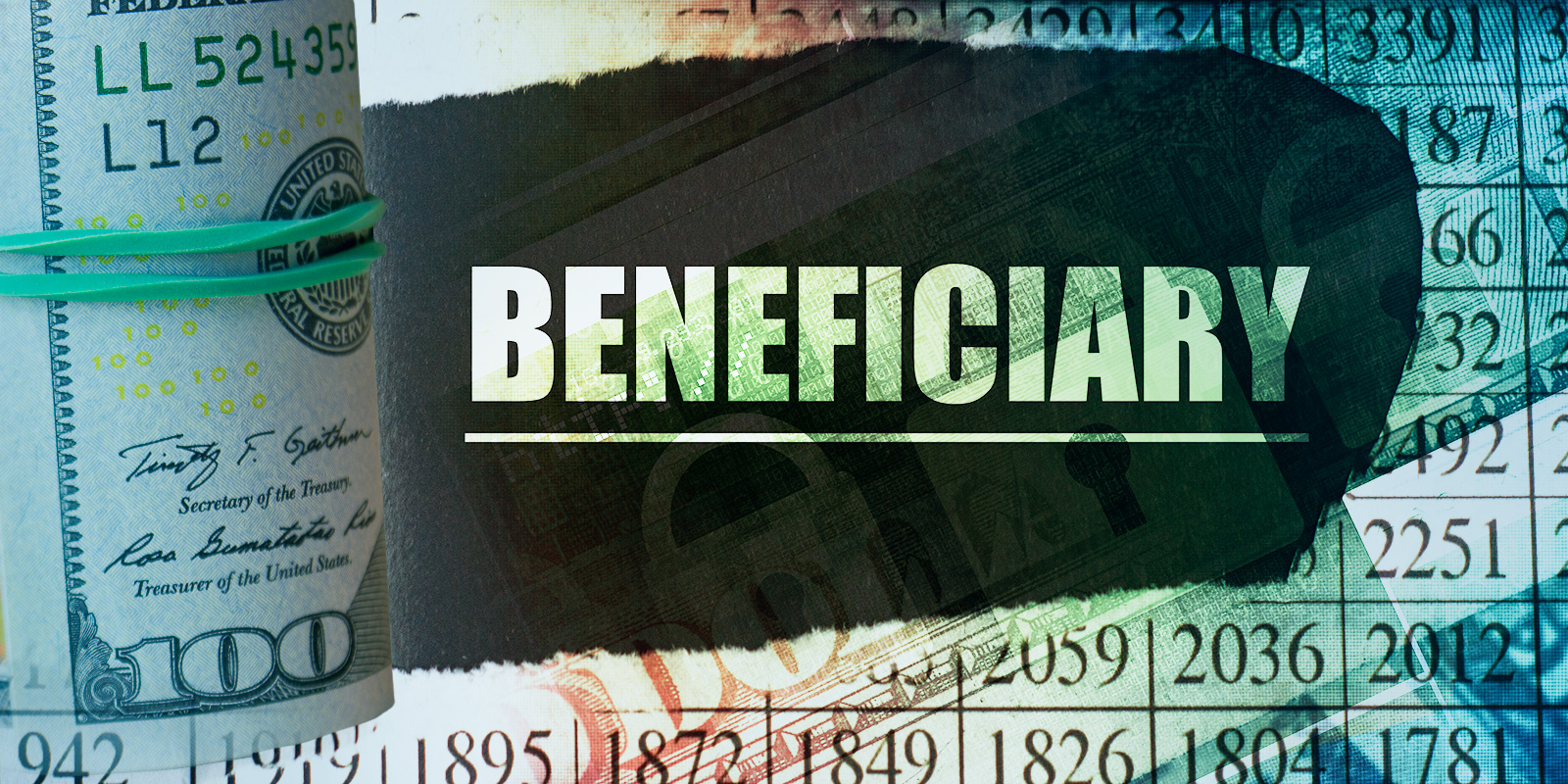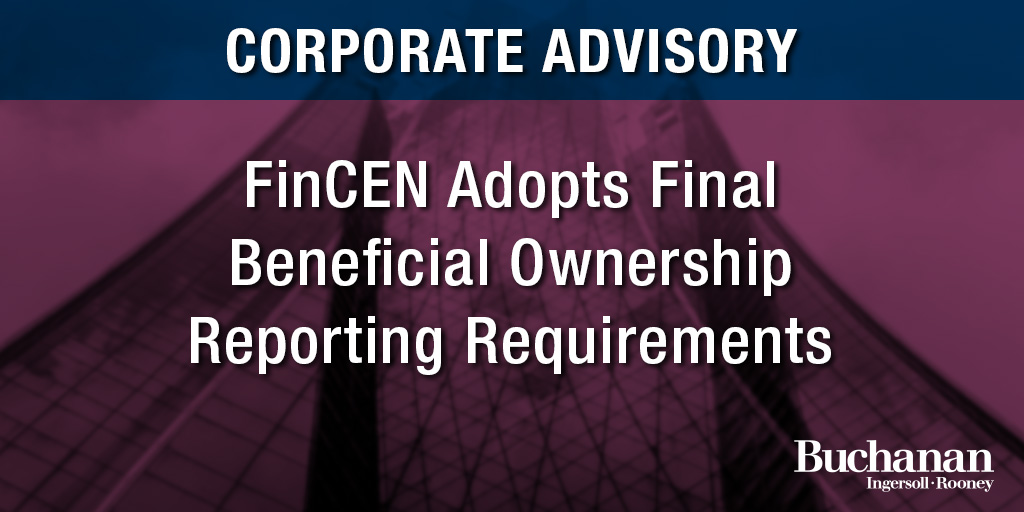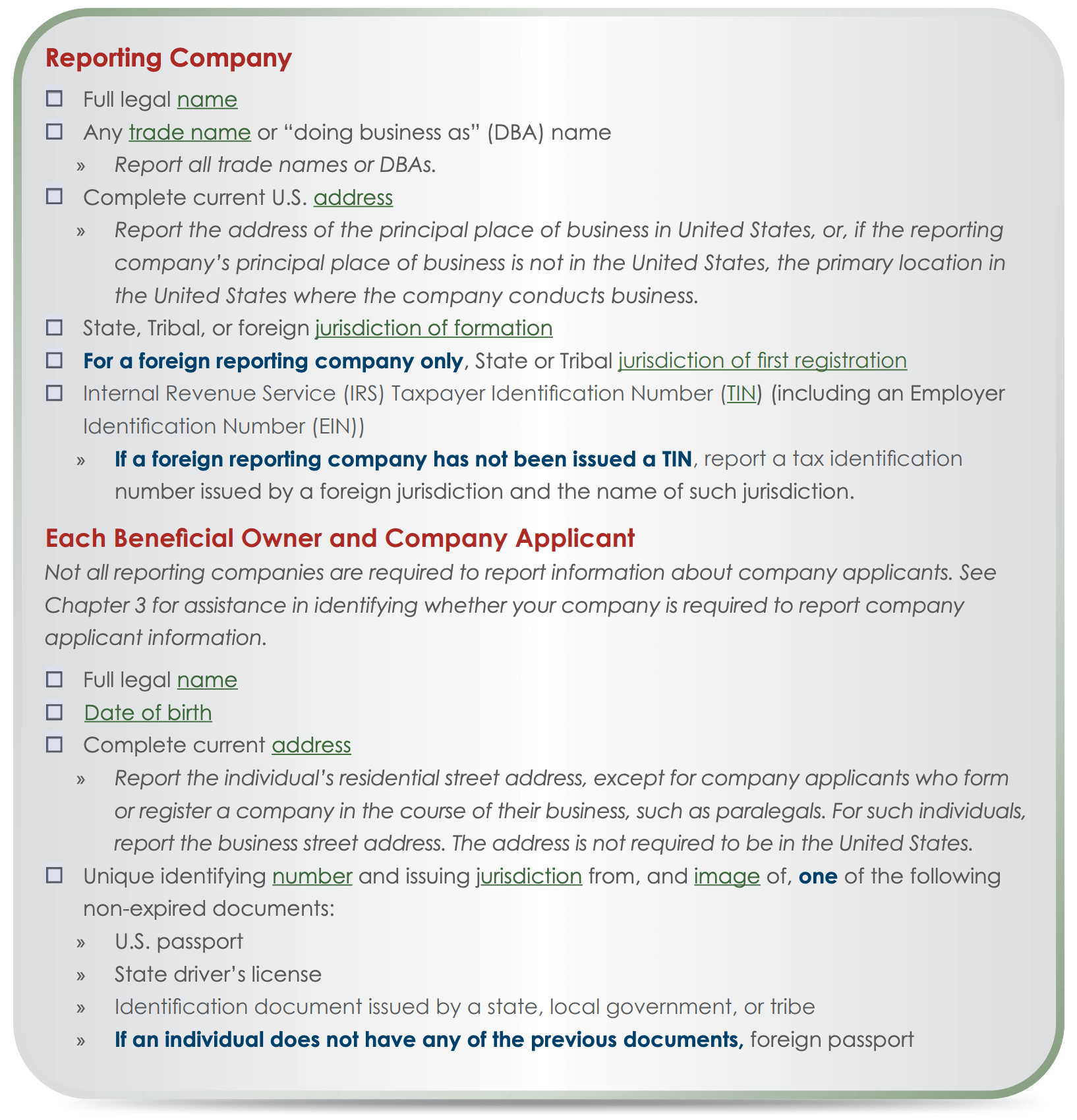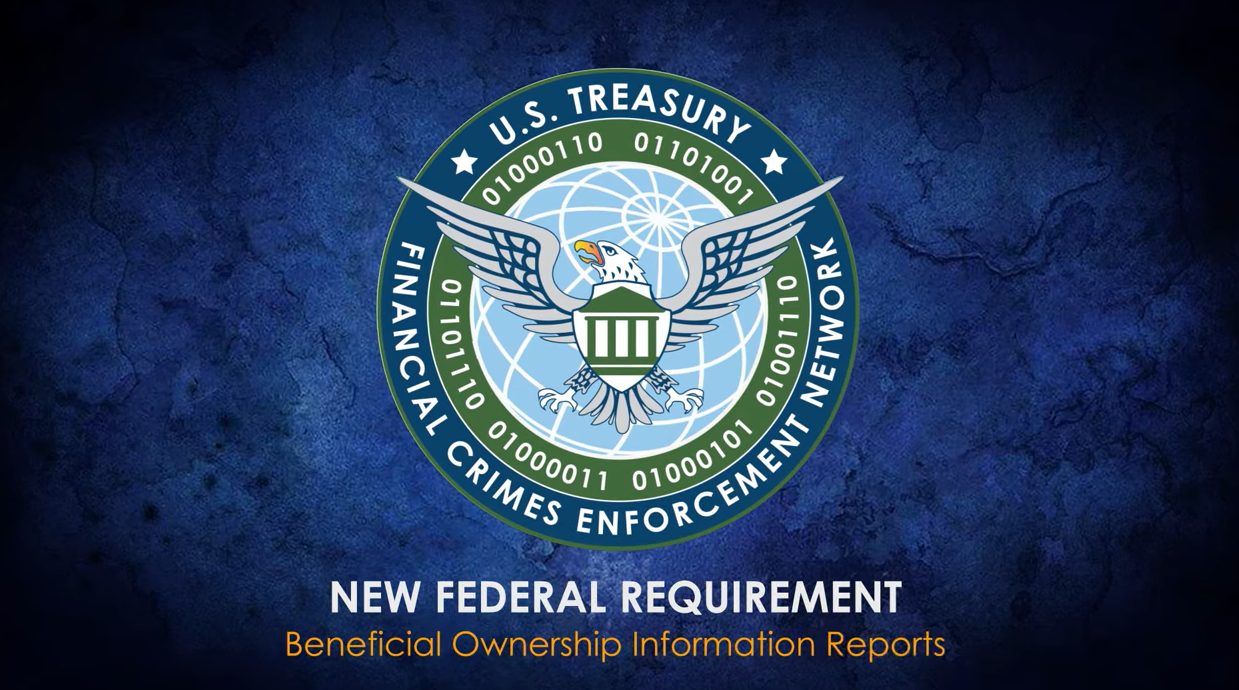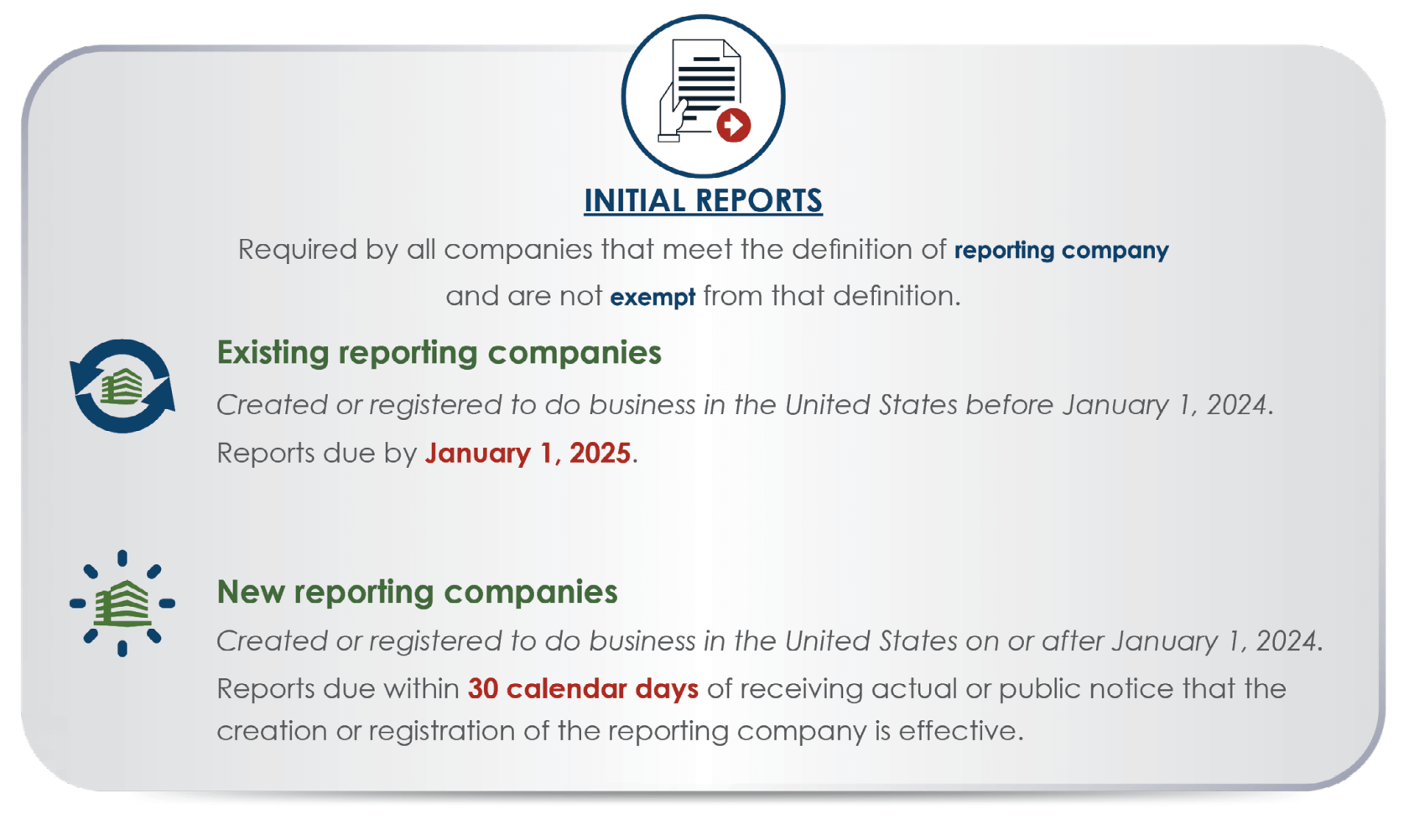Fincen Beneficial Ownership Reporting Injunction Lifted

A federal judge has lifted an injunction that temporarily halted the implementation of the FinCEN Beneficial Ownership Reporting Rule for specific plaintiffs, reigniting the debate and concerns surrounding the new regulations. The rule, designed to combat illicit finance, requires millions of small businesses to report their beneficial ownership information to the Financial Crimes Enforcement Network (FinCEN).
This article delves into the details of the lifted injunction, exploring its significance, the underlying regulations, and the potential ramifications for businesses and the fight against financial crime.
The Core of the FinCEN Beneficial Ownership Reporting Rule
At its heart, the FinCEN Beneficial Ownership Reporting Rule is a cornerstone of the Corporate Transparency Act (CTA), enacted by Congress to enhance transparency in business ownership.
The CTA aims to crack down on the use of shell companies and other opaque corporate structures by criminals, terrorists, and other bad actors seeking to launder money or evade taxes.
The rule mandates that certain legal entities, primarily corporations, limited liability companies (LLCs), and other similar entities, report information about their beneficial owners to FinCEN.
These beneficial owners are defined as individuals who directly or indirectly own or control at least 25% of the entity or exercise substantial control over the entity.
The Injunction and Its Impact
The injunction, granted earlier this year by a federal judge in Alabama, temporarily blocked the enforcement of the reporting rule against members of the Small Business Advocacy, Inc. (SBA).
The SBA argued that the rule exceeded FinCEN's authority and violated the constitutional rights of its members. This initial victory gave hope to businesses who opposed the rule.
The lifting of the injunction means that members of the SBA are now once again subject to the reporting requirements of the FinCEN Beneficial Ownership Reporting Rule.
Who is Affected?
The rule primarily impacts small businesses, many of which were previously exempt from similar reporting requirements. FinCEN estimates that millions of businesses will be subject to the reporting rule.
There are some exemptions, including publicly traded companies, certain regulated entities (like banks and investment companies), and large operating companies with more than 20 full-time employees, more than $5 million in gross receipts or sales, and a physical office in the U.S.
Businesses formed on or after January 1, 2024, are required to file their initial beneficial ownership reports within 30 days of their creation. Entities existing before that date have until January 1, 2025, to comply.
Why the Rule Matters
Supporters of the FinCEN Beneficial Ownership Reporting Rule argue that it is a critical tool in the fight against financial crime.
By requiring businesses to disclose their beneficial owners, the rule makes it harder for criminals to hide their assets and launder money through shell companies. This helps law enforcement agencies to track down illicit funds and bring criminals to justice.
FinCEN Director Andrea Gacki has stated that the rule will "level the playing field" by making it more difficult for criminals to exploit legal loopholes.
The Ongoing Debate and Concerns
Despite its purported benefits, the FinCEN Beneficial Ownership Reporting Rule has faced significant opposition from small business advocates who worry about the compliance burden and potential privacy concerns.
Critics argue that the rule is overly broad and imposes significant costs on small businesses, many of which lack the resources to navigate the complex reporting requirements.
"This is another example of the federal government adding unnecessary burdens on small businesses," said John Smith, a member of the Small Business Advocacy, Inc. before the injunction was lifted.
There are also concerns about the security of the data collected by FinCEN and the potential for misuse.
FinCEN maintains that it has implemented robust security measures to protect the data and that access to the information will be limited to authorized users for legitimate law enforcement and national security purposes.
Looking Ahead
With the injunction lifted, businesses subject to the FinCEN Beneficial Ownership Reporting Rule need to ensure they understand the requirements and take steps to comply.
This includes identifying their beneficial owners, gathering the required information, and filing the necessary reports with FinCEN. Failure to comply with the rule can result in significant penalties, including civil fines and criminal charges.
The legal challenges to the rule are ongoing. Experts recommend consulting with legal counsel to navigate the complexities of the rule and ensure compliance.



